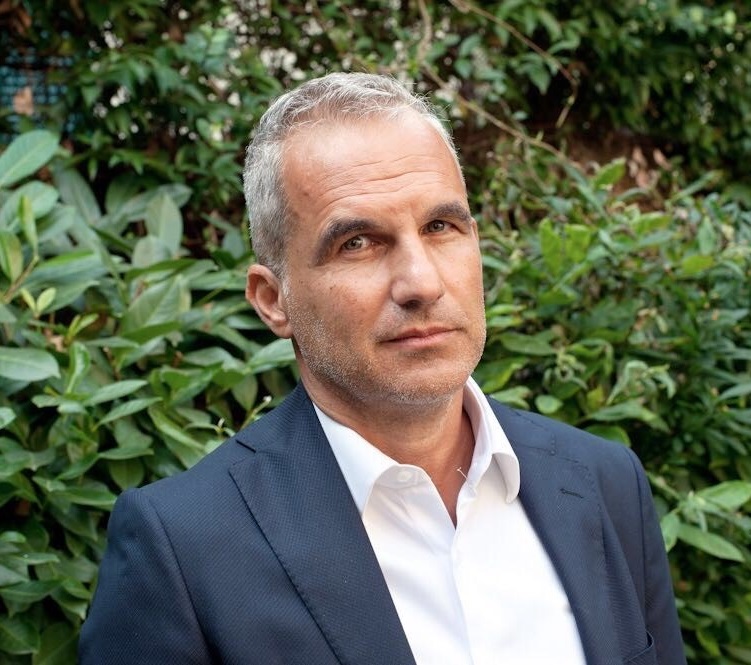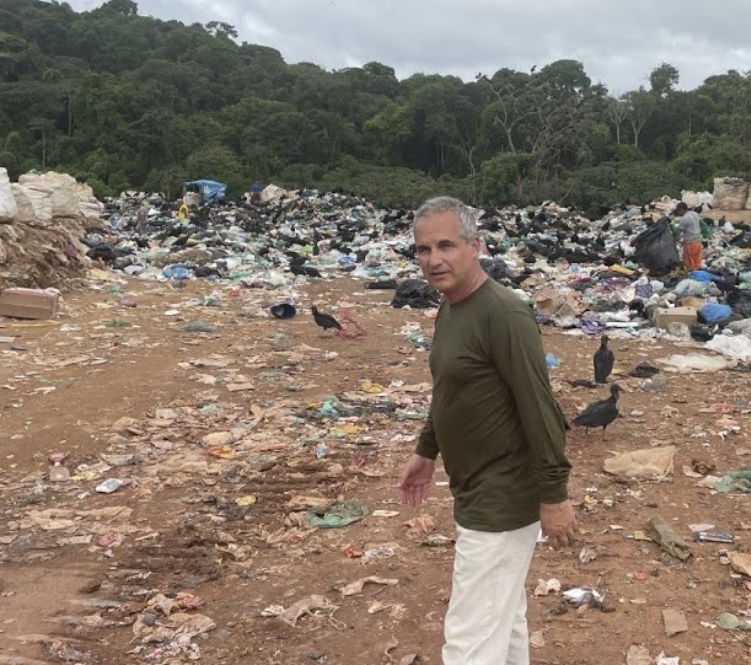Circular Economy in the Amazon Basin
Business platform for impact off-setting
Amazonia: the new frontier for plastic pollution.
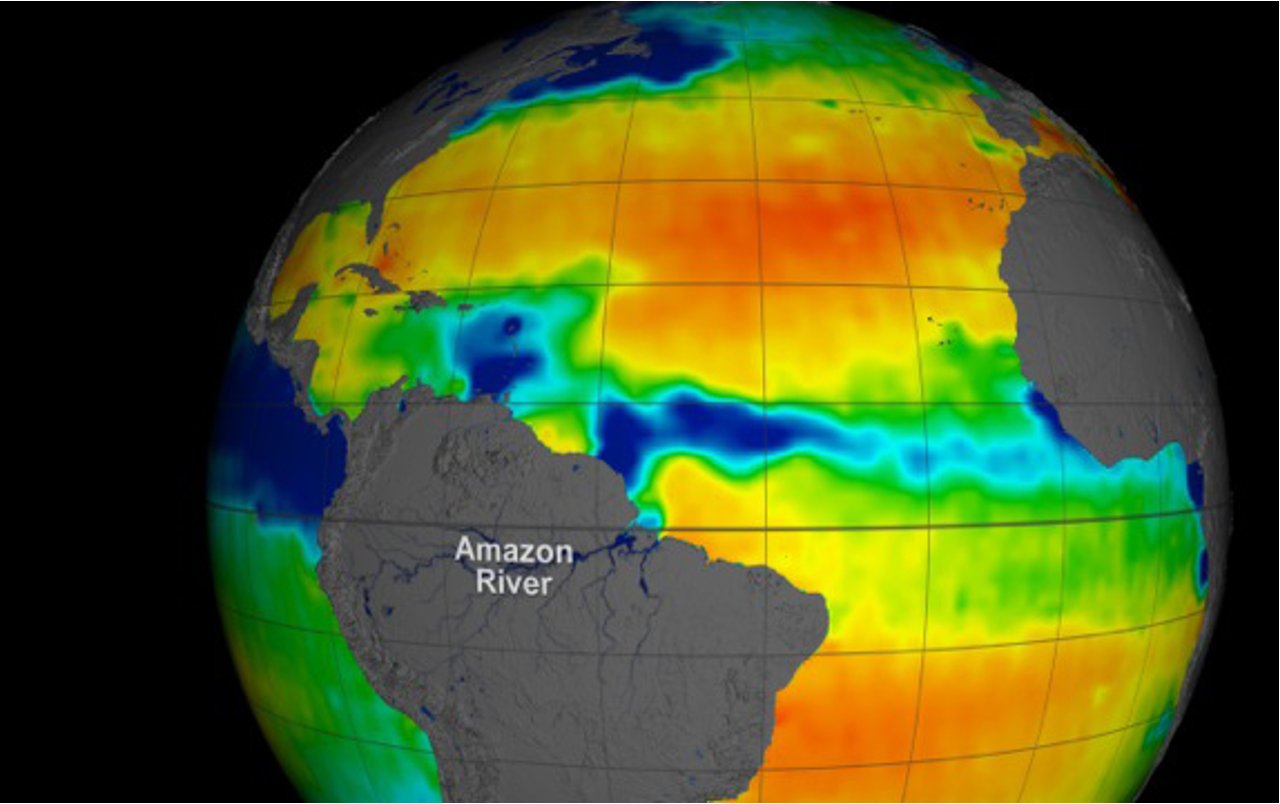
6,100,000 km2 basin area - nearly twice as large as that of the Congo River, the Earth's other great equatorial drainage system.
WATER-BORN PLASTIC in the largest river system
Brazilian government policies to promote economic growth in Amazonia triggered an increase in the region’s population, from 1.4 million to 23 million inhabitants in few years. In the Amazon basin the inhabitants are around 34 million.
Few communities have adequate landfills, and much of their trash ends up in rivers. Plastic constitutes 15.7% of the total solid waste produced in Amazonia, more than double the national average.
We conservatively estimate that 182,085 metric tons of plastic are being discarded into Brazil’s Amazonian environment each year.
It is thought to be responsible for generating 10% of the total amount of plastic waste found in the world’s oceans. the Amazon now ranks as the world’s second most polluted river in terms of plastic, only behind China’s Yangtze River
Pilot Site - Santarém
The city is included in the 10 worst cities in the ranking of basic sanitation in the country.
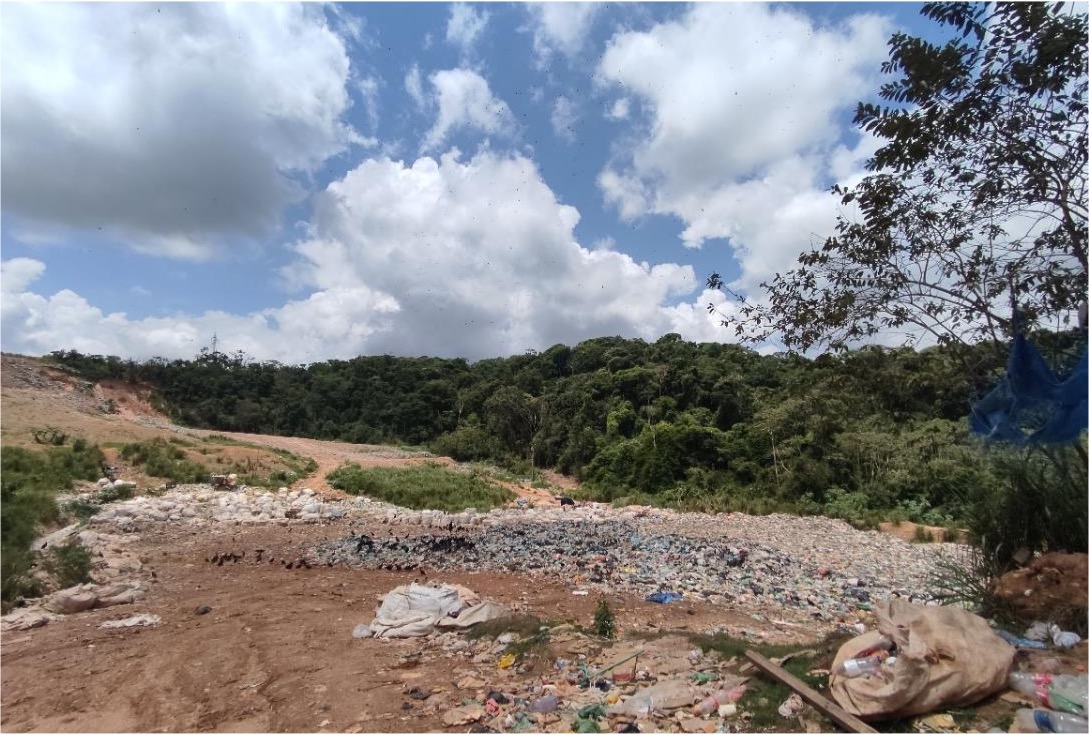
Pathways for transformation
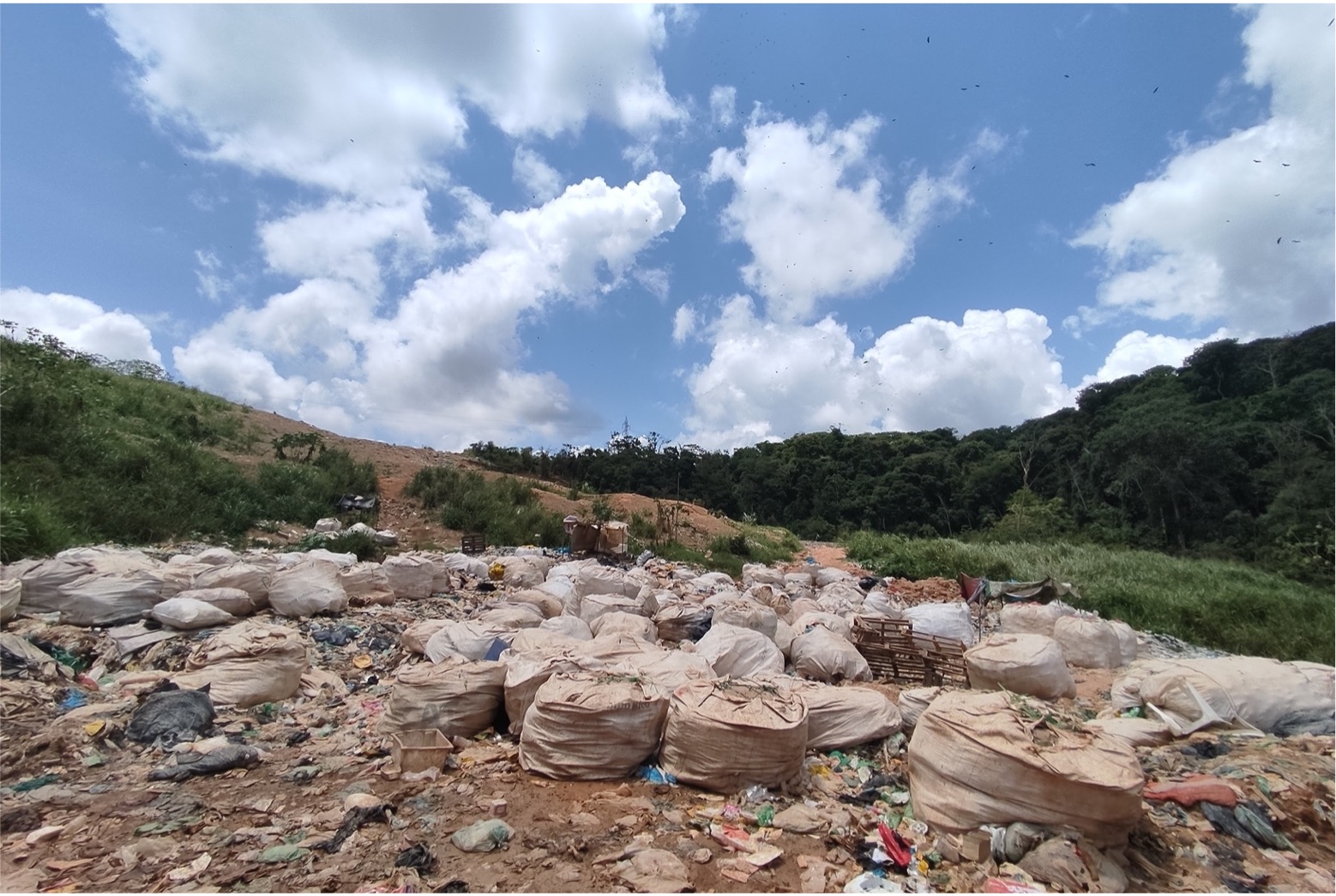
Social Franchise Business Model for Cooperatives
Social Business Platfoarm enabling collectors to improve their income, working conditions and generating benefits for the environment and entire society.
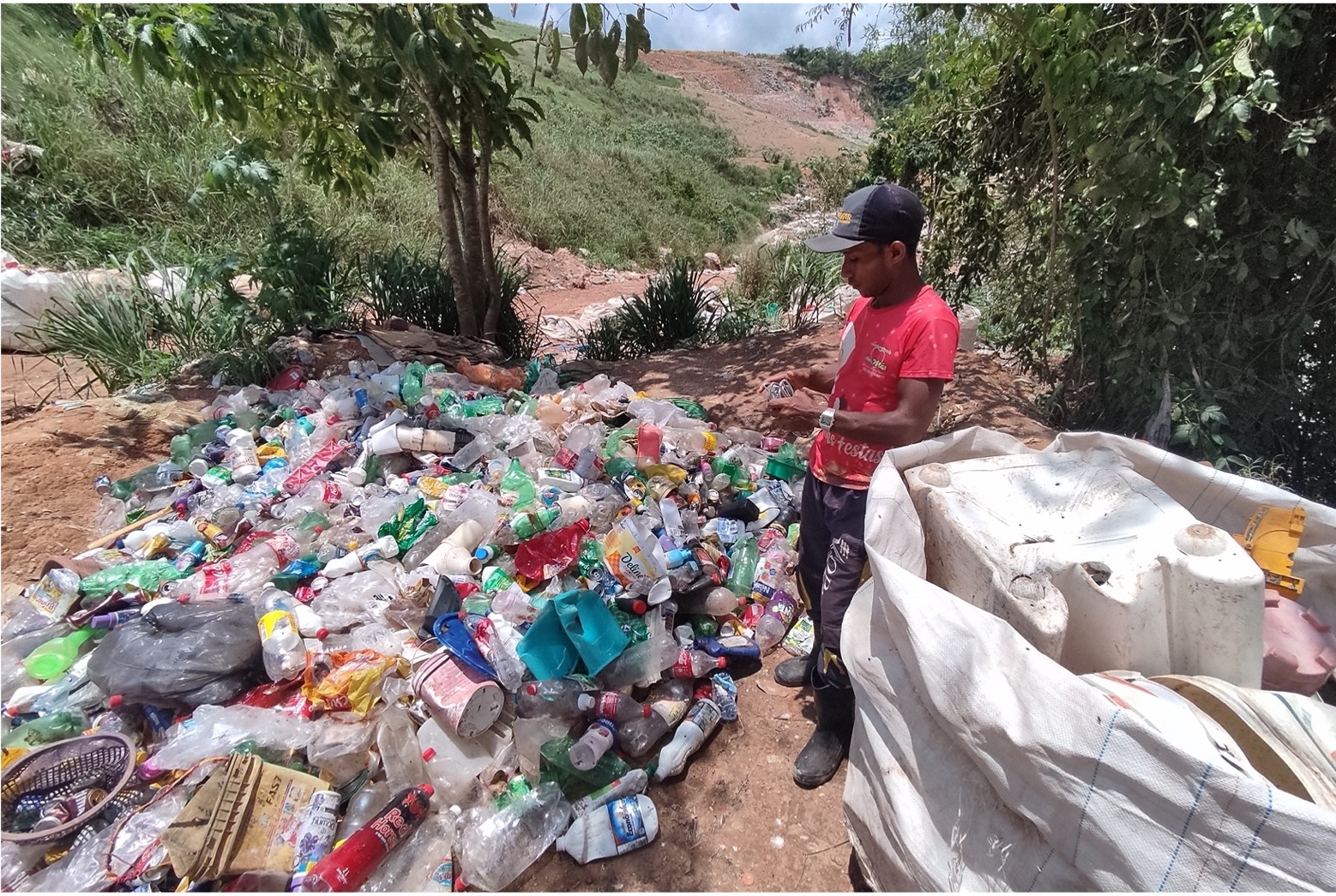
Increase the flow of recycled materials
Environmental, Social and Economic benefits for closing the loop, increasing the flow of materials that the recycling supply chain can offer to packaging industry.
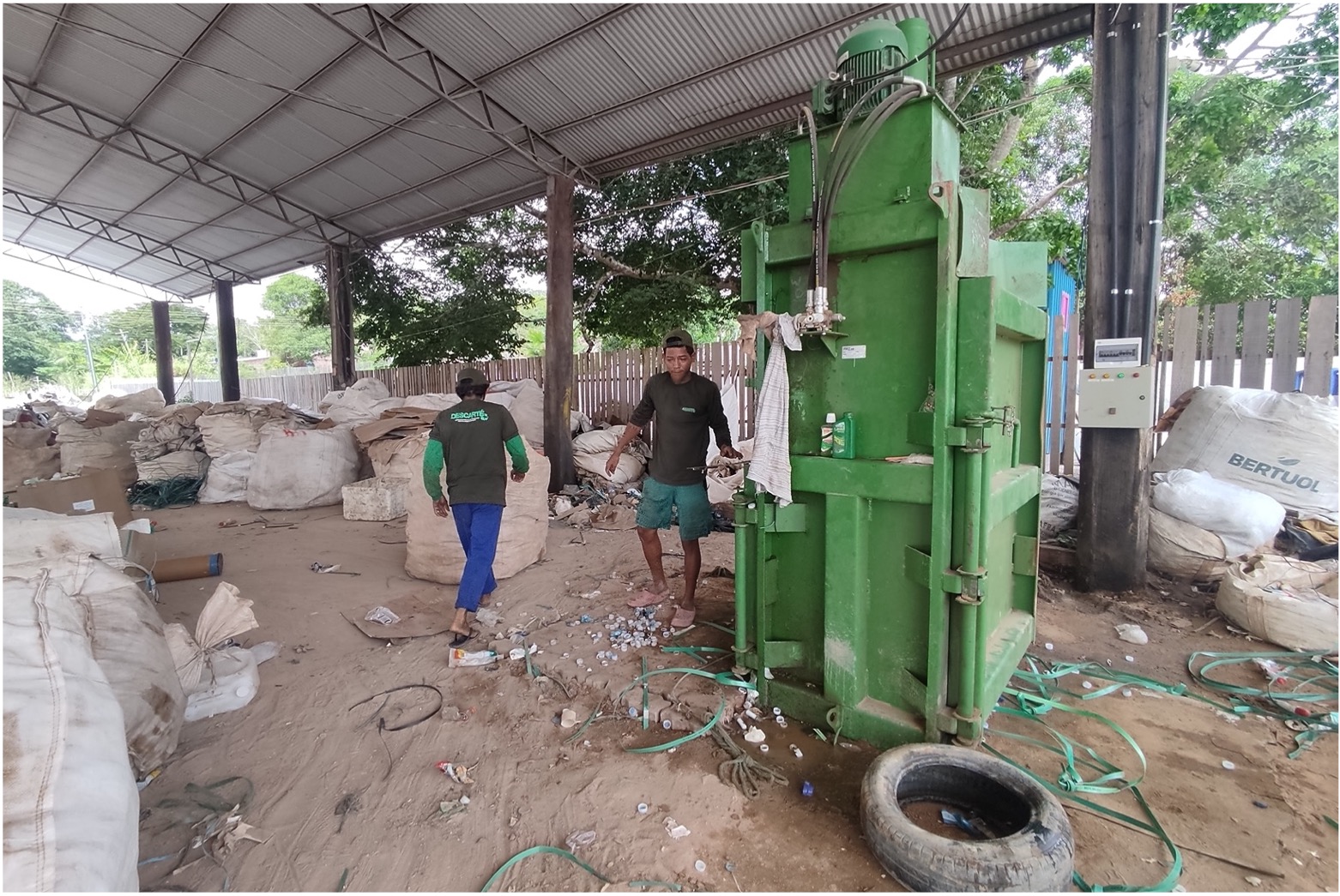
Off-setting raw materials impact
Financial instrument to boost recycling rates in the Amazon biome, while companies have access to verified offsetting credits for their environmental footprint.
Business model
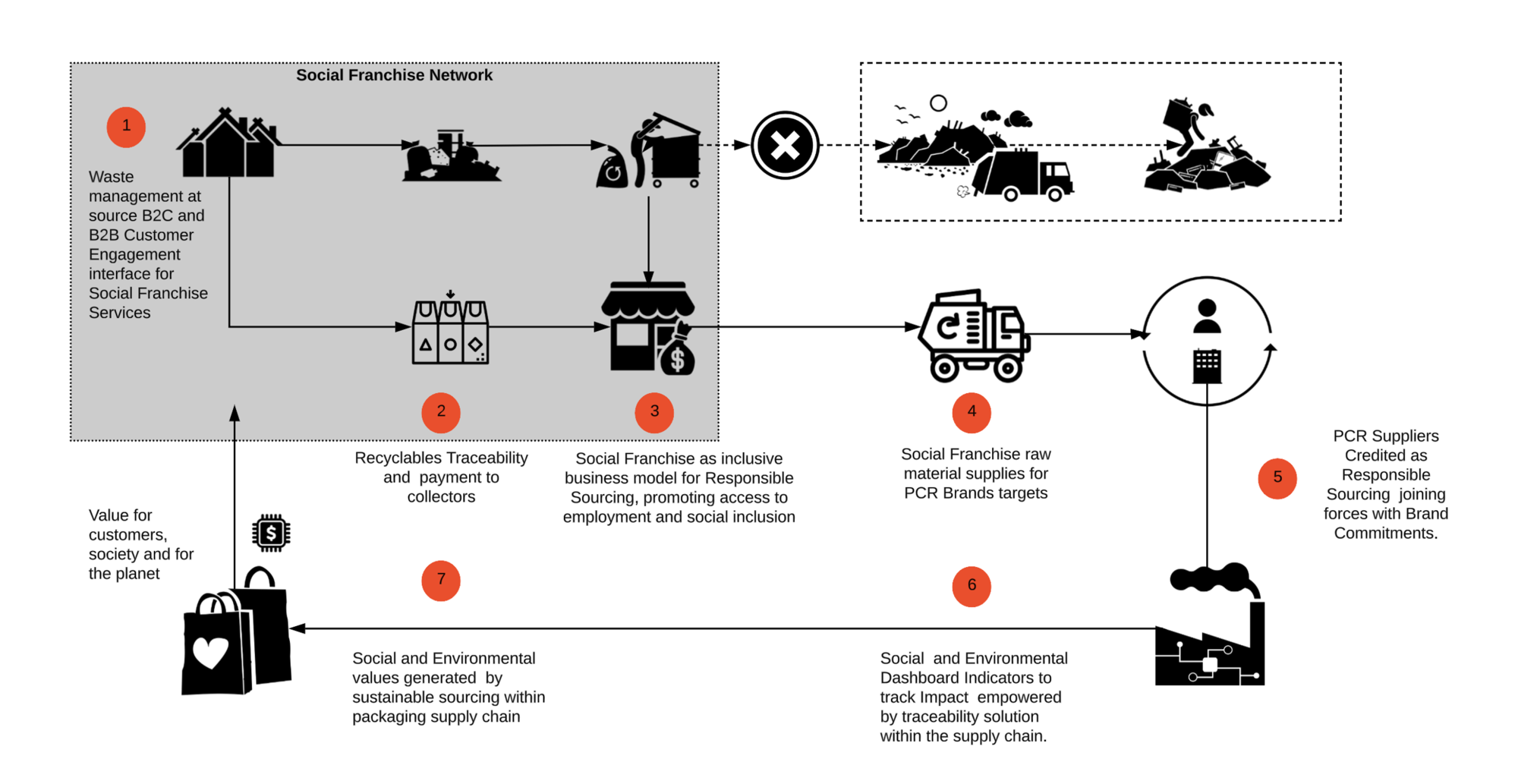
Q1. Building Capacities to deploy the Social Franchise in Amazon
Q2. Issue Verified off-setting Credits from Amazon Recycling Cooperatives
Q3. Mobilize a cluster of 10 companies to check their footprint
Q4. Secure the expansion of recycled volumes of plastics
